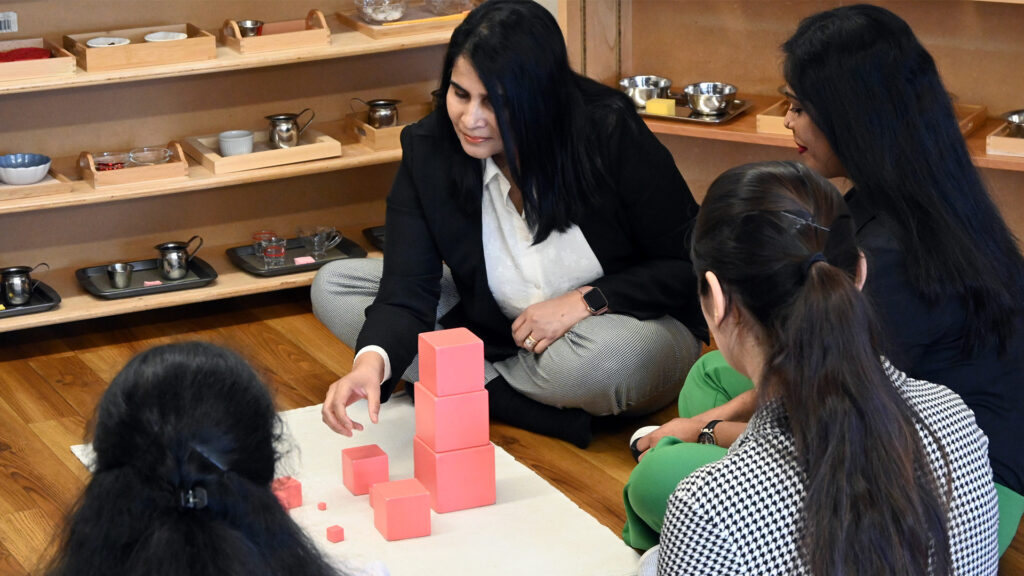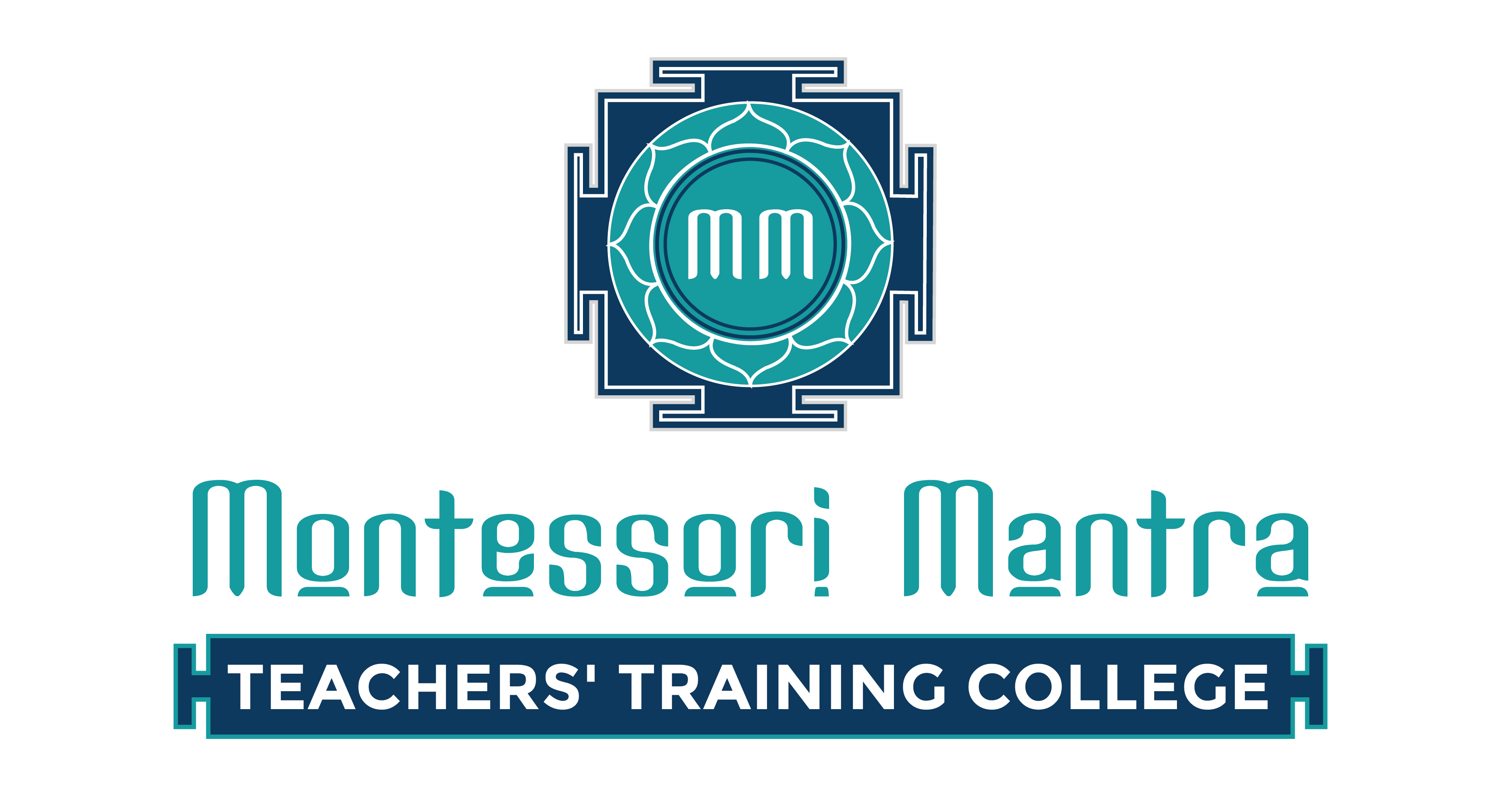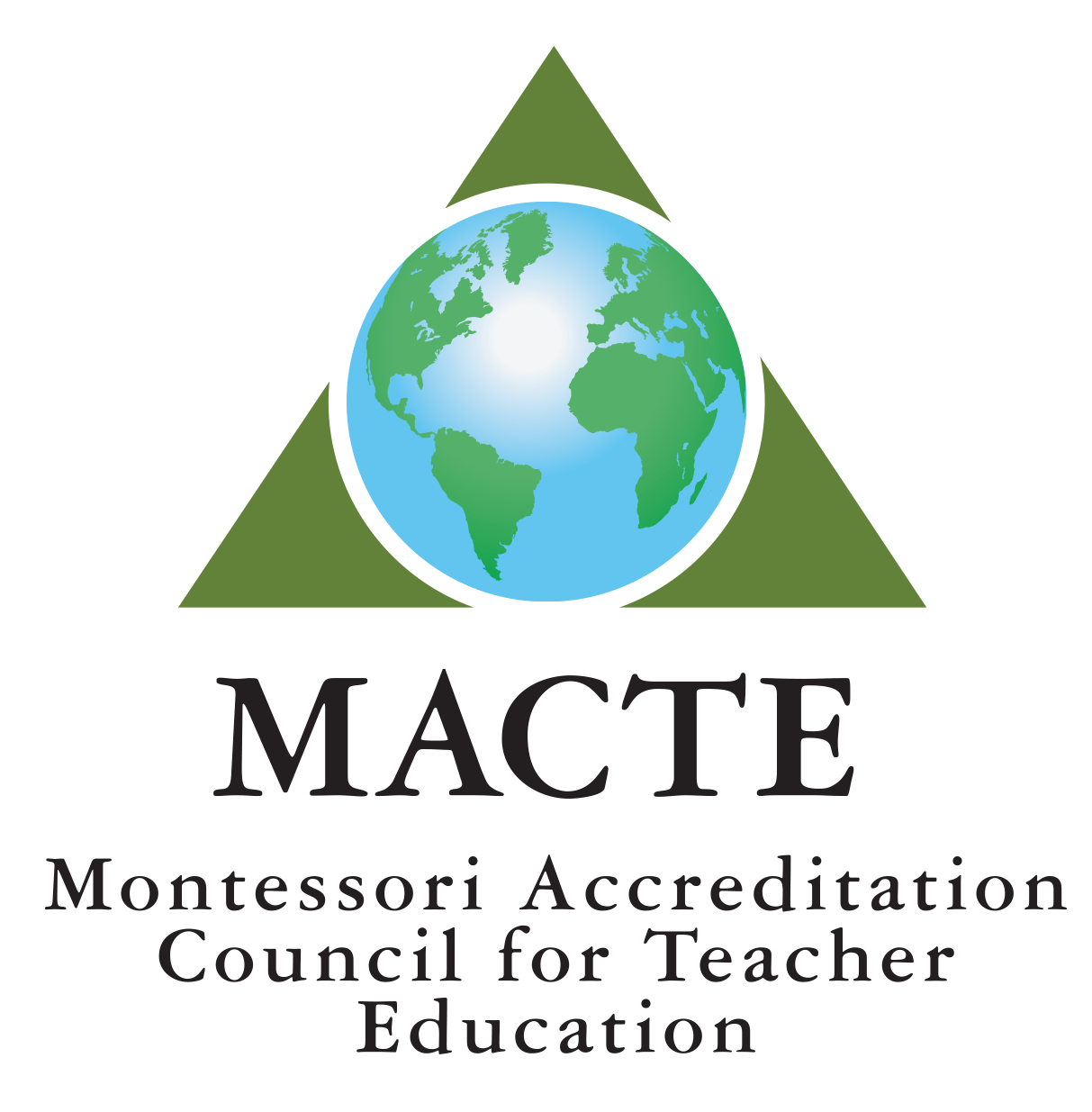
Choosing the right educational approach for your child can be challenging. Montessori and traditional schools offer distinct philosophies and teaching methods, each with its unique advantages. Understanding the key differences between these two approaches can help you make an informed decision about which is best suited to your child’s needs. Let’s dive into the main differences between Montessori and traditional education to help you decide which might be a better fit for your child.
1. Teaching Philosophy
Montessori education is rooted in child-centered learning, where the child is given the freedom to explore and learn at their own pace. The Montessori method encourages self-directed learning through hands-on experiences. Traditional education, on the other hand, follows a teacher-centered approach, where the curriculum is standardized and the teacher leads the learning process.
2. Classroom Environment
In Montessori classrooms, the environment is designed to encourage independence and exploration. Children can move freely, choose their activities, and work individually or in groups. Traditional classrooms tend to be more structured, with students seated at desks, facing the teacher, and following a set schedule.
3. Role of the Teacher
Montessori teachers act as guides and facilitators, observing each child and providing individual support as needed. The focus is on allowing the child to discover and learn independently. In traditional schools, teachers play a more authoritative role, delivering lessons and directing the learning process.
4. Learning Materials and Methods
Montessori education emphasizes hands-on, self-correcting materials that allow children to learn through trial and error. These materials are designed to develop a range of skills, from motor coordination to critical thinking. In traditional education, learning often relies on textbooks, worksheets, and teacher-led instruction, with less emphasis on hands-on activities.
5. Individual vs. Group Learning
In Montessori classrooms, children are encouraged to work at their own pace, with individualized learning plans that cater to their interests and developmental stage. Traditional schools, however, follow a more uniform curriculum, where all students are expected to progress through the material at the same pace, regardless of their individual readiness.
6. Age Grouping
Montessori classrooms are typically mixed-age, allowing children of different ages to learn from one another. Younger children benefit from observing older peers, while older children reinforce their learning by helping younger classmates. Traditional schools generally group children by age, with little opportunity for cross-age learning.
7. Assessment and Evaluation
Montessori schools focus on formative assessments based on observation and individual progress. There are no grades or standardized tests in most Montessori programs, as the focus is on personal development rather than competition. In traditional schools, assessment is typically based on grades, tests, and exams, with a focus on academic achievement and comparison among peers.
8. Social Development
Montessori education promotes collaboration and social interaction through group activities and mixed-age classrooms. Children are encouraged to work together, share, and develop social skills in a supportive environment. Traditional schools, while offering some opportunities for group work, often emphasize individual achievement and competition.
9. Focus on Life Skills
Montessori education places a strong emphasis on practical life skills, such as cooking, cleaning, and caring for the environment, as part of the curriculum. This holistic approach helps children develop independence and responsibility. Traditional education tends to focus more on academic subjects, with less integration of practical life skills.
Choosing between Montessori and traditional education ultimately depends on what you value most for your child’s learning experience. If you want a flexible, child-centered approach that fosters independence and hands-on learning, Montessori may be the better choice. On the other hand, if you prefer a structured, teacher-led environment with standardized assessments, traditional education might be more suitable. Both approaches have their merits, so consider your child’s individual needs and learning style when making your decision.


